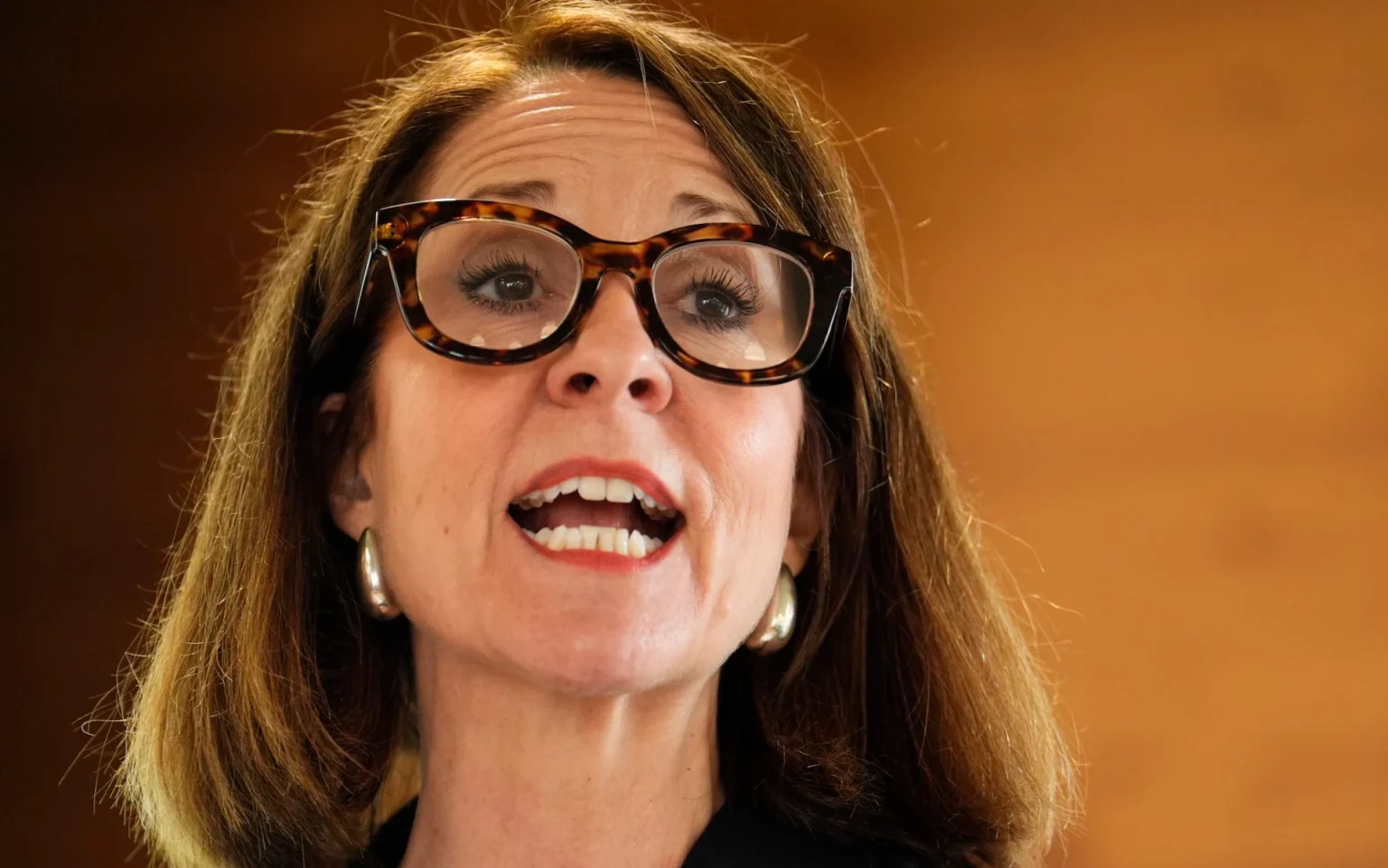Labour has announced an early review of the state pension age, signalling that it could be raised sooner than currently planned.
Work and Pensions Secretary Liz Kendall revealed on Monday that the statutory review originally due in 2027 will begin immediately, alongside the launch of a new pensions commission. The state pension age is presently 66 and is already set to rise to 67 between 2026 and 2028. A further increase to 68 is scheduled for the mid-2040s, but the timeline could now be accelerated.
Kendall acknowledged the challenges ahead, saying she was under no illusions about how difficult it would be to plan for the future of pensions in the context of rising living costs. “Many workers are more worried about putting food on the table and keeping a roof over their heads than saving for a retirement that feels distant, and many businesses are under strain in a volatile economic climate.”
The decision to begin the review early comes amid growing concern over the long-term sustainability of the state pension, particularly with an ageing population and rising costs. The Office for Budget Responsibility (OBR) recently warned that the triple lock, which guarantees annual pension increases by the highest of inflation, earnings growth, or 2.5% could add £15.5 billion a year to government spending by the next general election.
Financial pressures are mounting as nearly half of working-age adults are not saving into a private pension, according to government figures. To address this, the new pensions commission will explore ways to boost retirement savings across the population. It will be led by Labour peer and trade unionist Baroness Drake, who will chair a three-member taskforce focused on breaking down the barriers to saving.
Commenting on the outlook, Damon Hopkins of financial consultancy Broadstone said: “Given the demographic and fiscal pressures, an earlier increase in the state pension age would not be surprising. If state support is delayed or reduced, it only intensifies the need for reform in private pension provisions.”
The issue remains politically sensitive. Jeremy Hunt, while Chancellor in 2023, shelved plans to raise the pension age further due to falling life expectancy, which made the move harder to justify.
The government’s relationship with older voters has already been tested. Chancellor Rachel Reeves came under fire after scrapping universal winter fuel payments last year to save £1.5 billion annually. She later reversed the policy, announcing that pensioners earning under £35,000 would still qualify for the benefit.
The early review signals that the Labour government is willing to tackle pension reform head-on but any changes to the retirement age are likely to face strong opposition from those nearing retirement, particularly amid widespread discontent seen across Europe in response to similar moves.
Read also: Nearly half a million British expats miss out on £25,000 state pension boost



